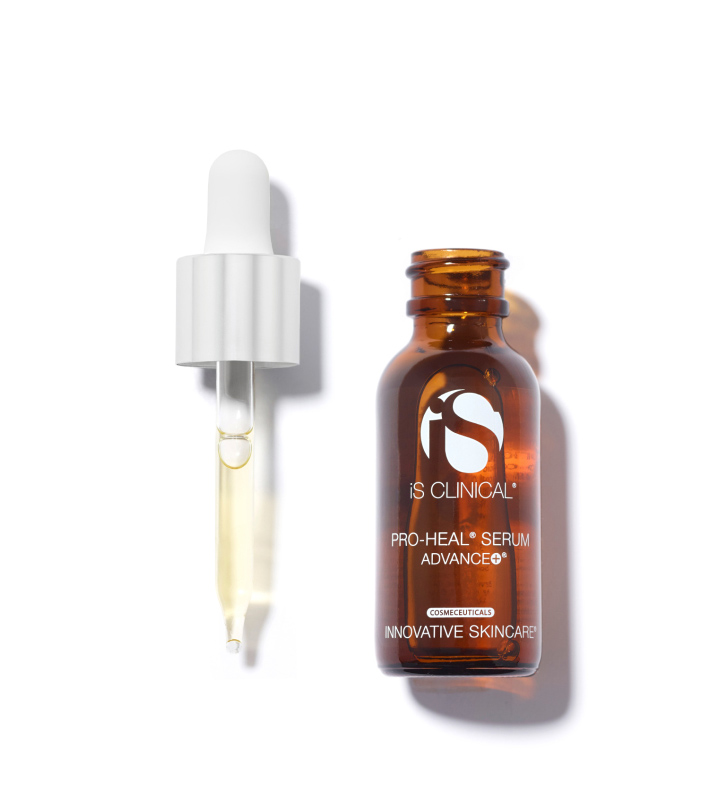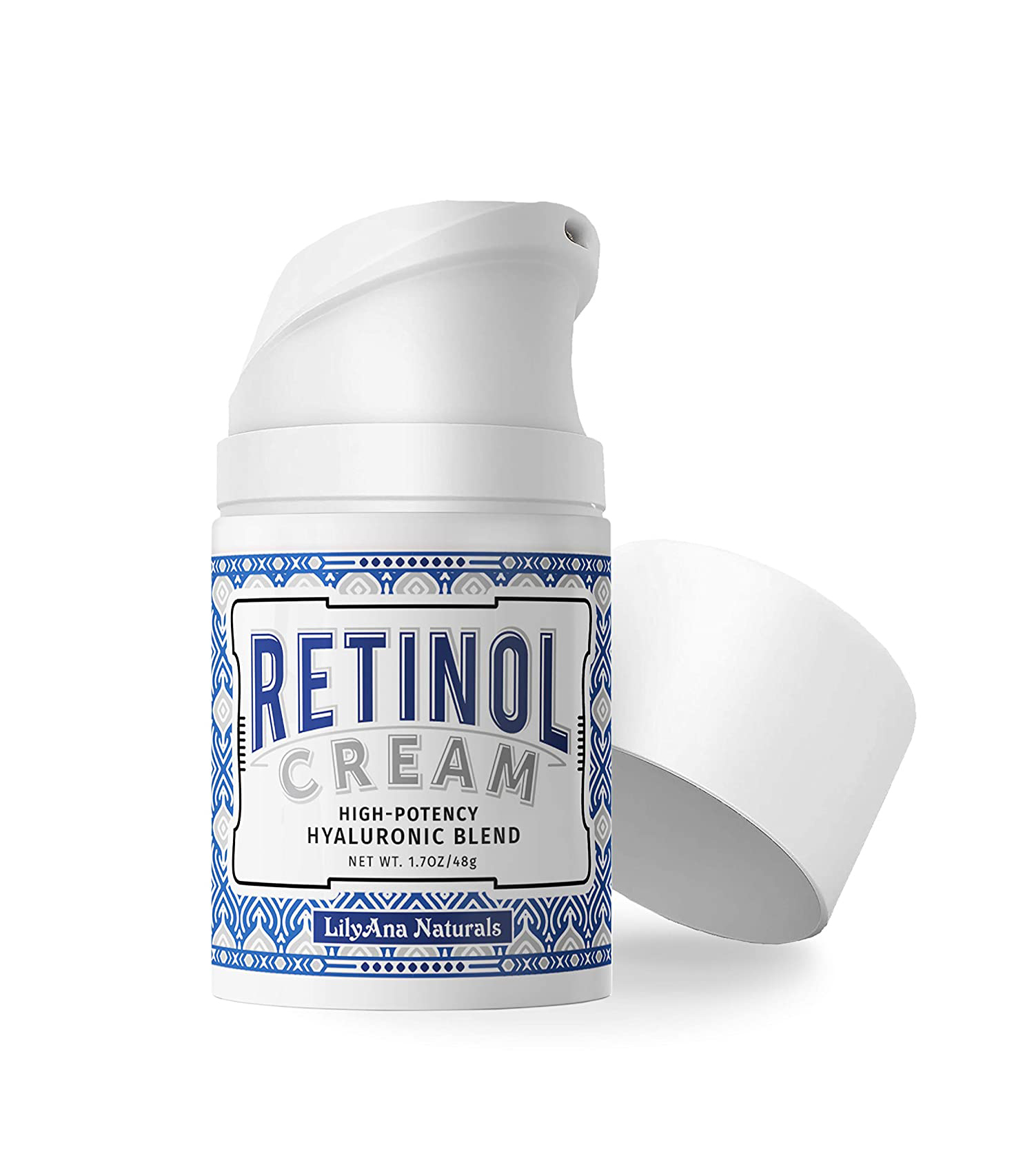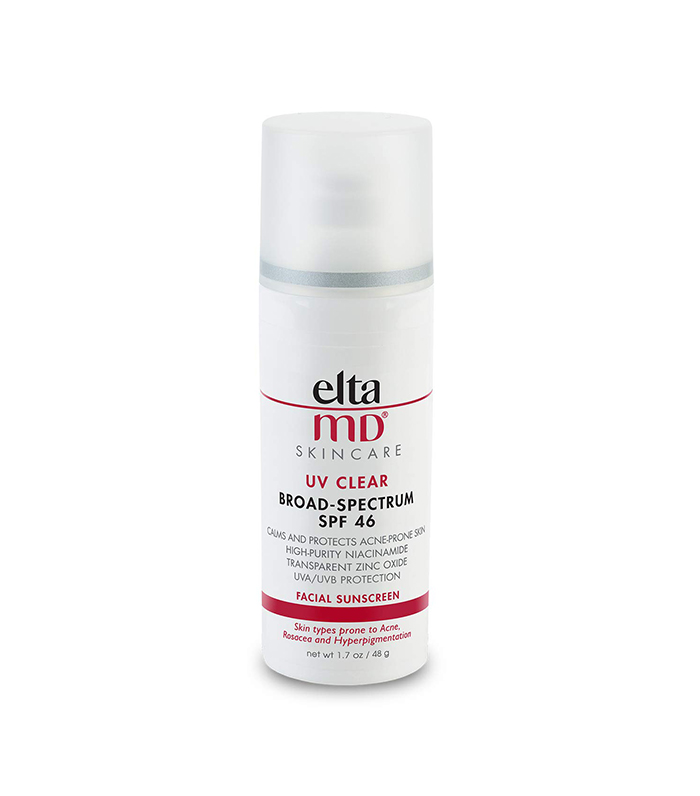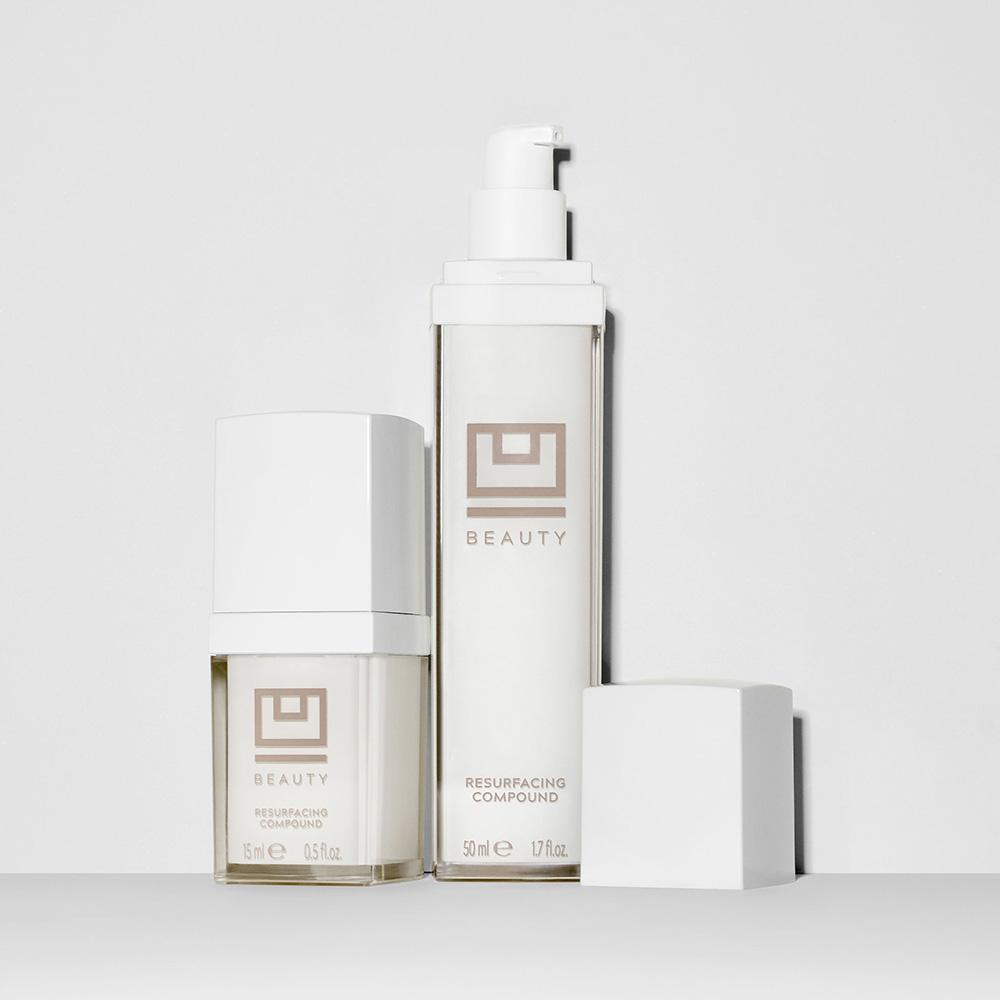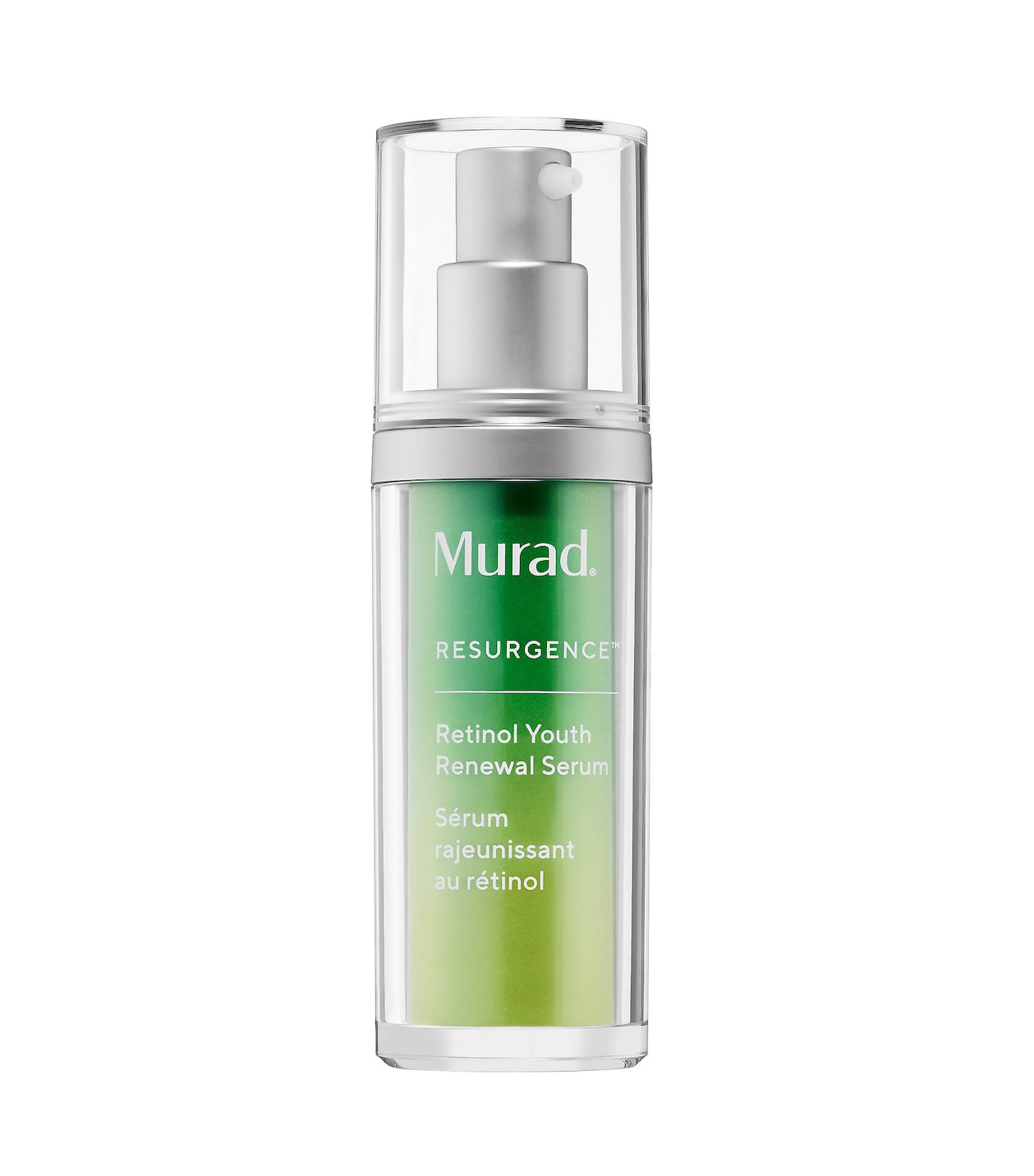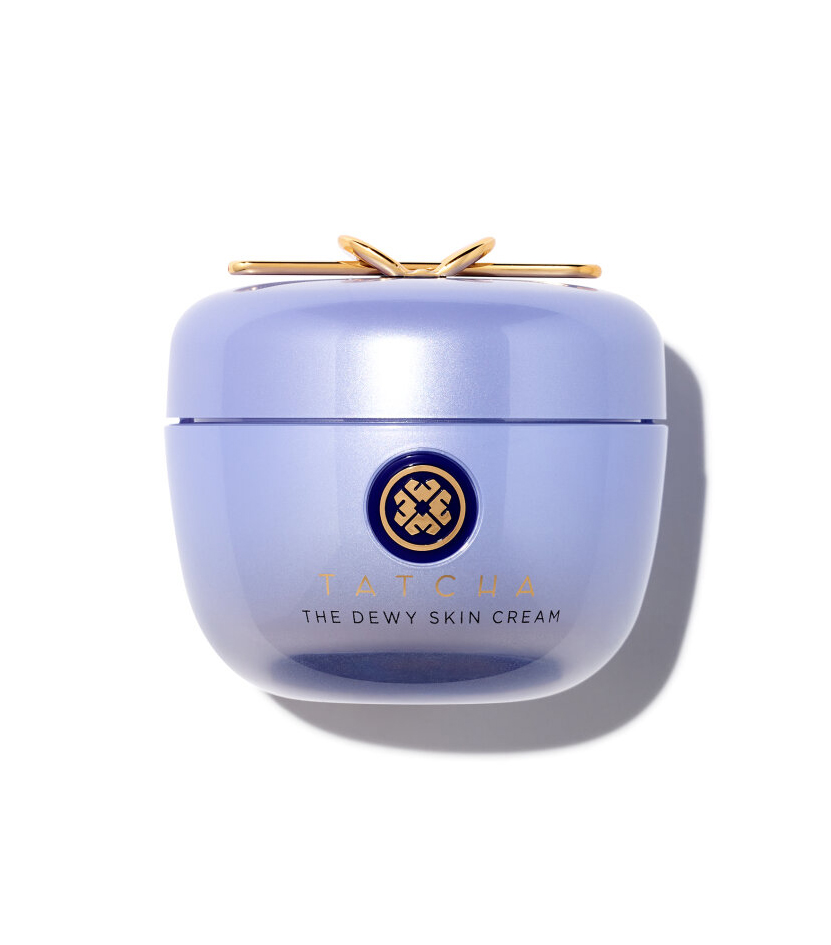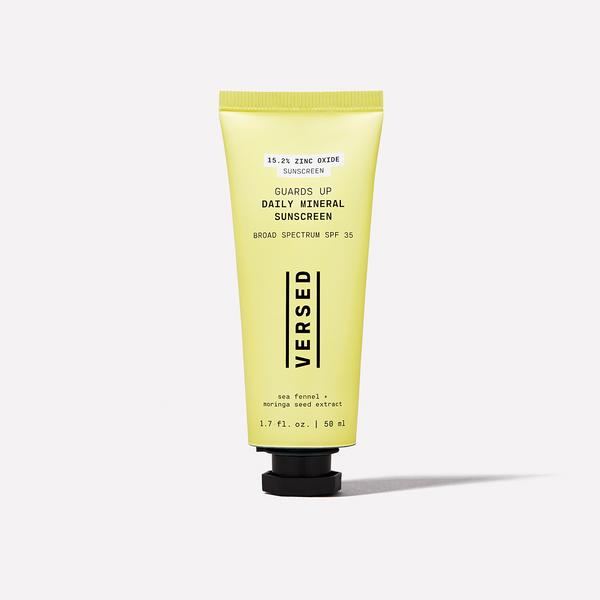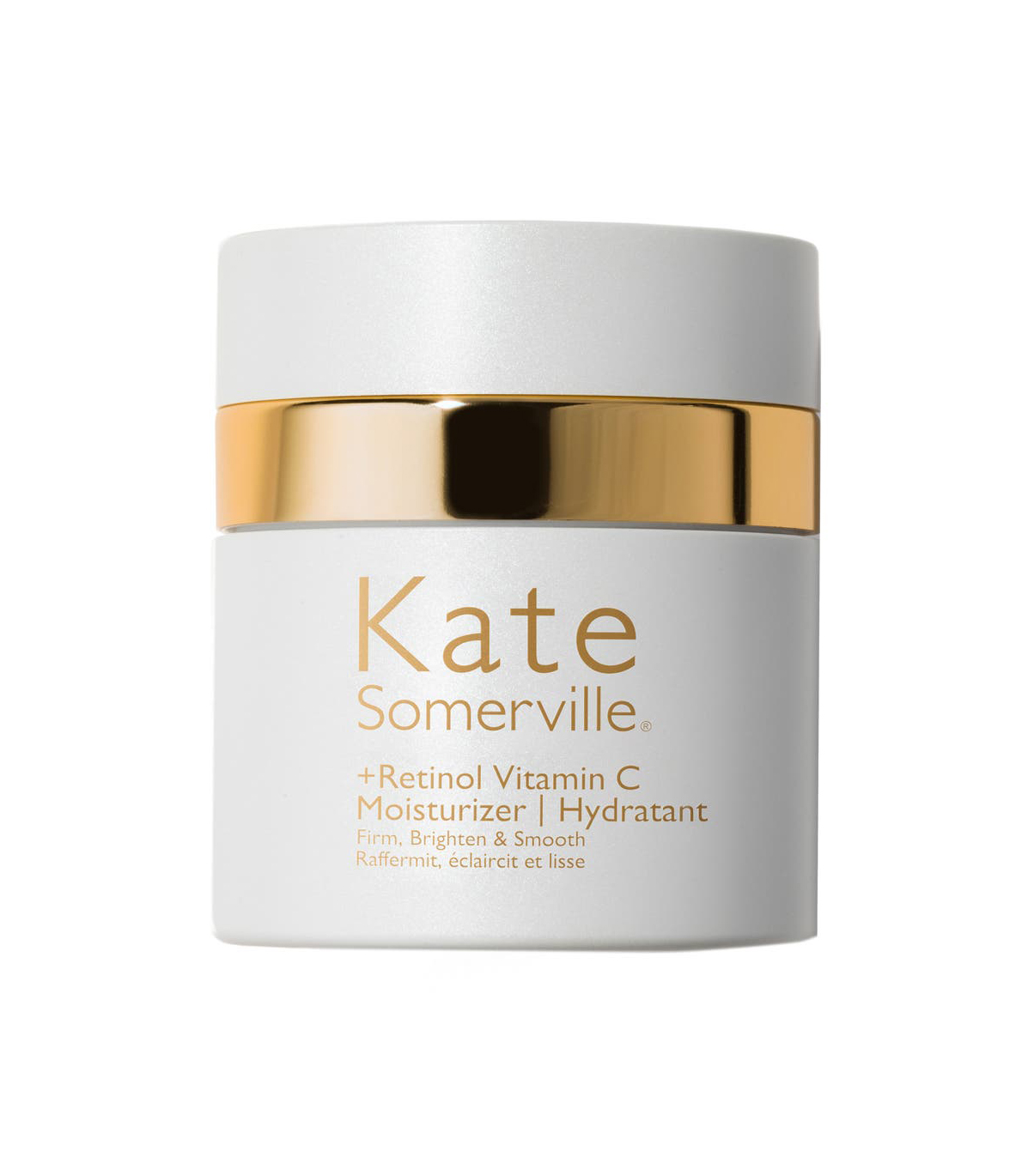4 Retinol Myths You Should Probably Erase From Your Mind
You don't have to be well versed in the skincare world to know that retinol is a big deal. It's common knowledge that the product has a lot of benefits, especially anti-aging powers. "Retinol is a topical form of vitamin A," explains board-certified dermatologist Roberta Del Campo, MD. "It is technically a form of a retinoid, which helps to promote collagen production, which improves the firmness of the skin. It also brightens skin by speeding up cell turnover and is also used to treat acne and minimize pores."
Joyce Imahiyerobo-Ip, MD, FAAD, owner of Vibrant Dermatology and SkinBar MD, says that there are different types of vitamin A derivatives: retinyl palmitate (weakest), retinol (stronger), retinaldehyde (even stronger), and finally retinoid (strongest). "In our 20s and early 30s, our skin cells turnover every 28-30 days. This explains the dewy, youthful appearance of skin in these age groups," she says. "However, as early as our mid-30s, this cell turnover slows down, and the skin can take on a dull appearance." Retinol can help with those skin concerns, and prescription-strength retinoids can even treat comedonal acne.

So you can see why retinols and retinoids have become holy-grail items for so many people. Board-certified dermatologist Flora Kim, MD, FAAD, adds, "There is no dermatologist that does not personally use some form of vitamin A on their skin—it is that good and that important. Period."
While it all sounds so promising, you don't just want to blindly reach for the first retinol product you see. It helps to do a little research first so that you're choosing one that suits your personal skin needs and preferences. There can be a lot of misconceptions about retinol out there, so we took a look into the common myths and the pros and cons to help you decide if you want to incorporate the product into your routine.
Common Myths About Retinol
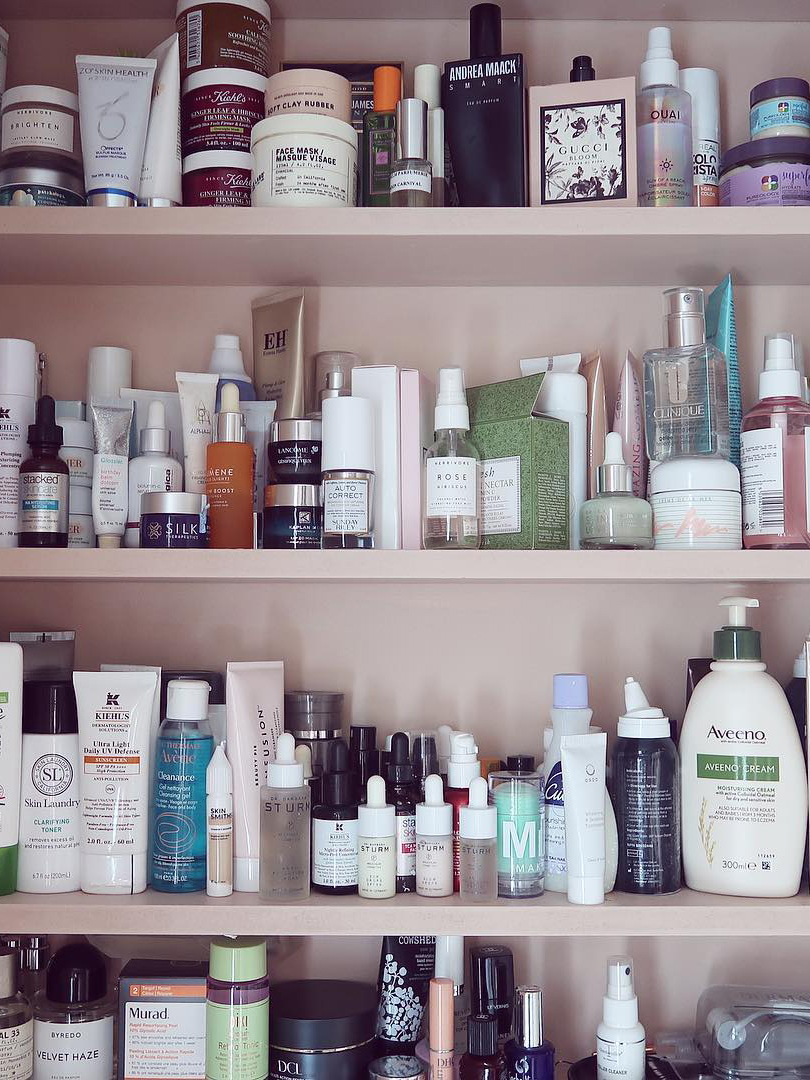
Myth 1: It's not for everyone. "It is a myth that retinols are not for everyone," Kim says. "Everyone can and should incorporate this vitamin A powerhouse into their nighttime routine, even if your skin is super sensitive! It is just a matter of the correct product selection, quantity used, and frequency of application."
Myth 2: Skin type doesn't matter. While Imahiyerobo-Ip agrees that it's a great addition to your skincare routine, those with sensitive skin and a history of inflammatory skin conditions like eczema should be extra careful and discuss their options with a dermatologist. In some cases, you might have to avoid the product.
Del Campo says you should choose a retinol product based on your skin type. "For example, more dry skin types should look for cream or serum versions that have a low dose of retinol. Those with oilier skin should choose a higher-strength, gel-based version," she recommends.
Myth 3: They're too irritating to use. Again, it all depends on the formula. "Sometimes, you need to try a few formulations to find one that works for you," explains Robyn Gmyrek, MD, a board-certified dermatologist at Park View Laser Dermatology. "So don't condemn this great skincare ingredient with just one try. Also, follow application tips—it may be the way you are using the product that is the problem."
Myth 4: Retinol thins the skin. "While they do exfoliate the dead skin layer and remove it, causing a 'thinning' of the skin, after eight to 12 weeks of use, studies have shown that they actually thicken the skin by producing new collagen," Gmyrek says.
Retinol Watch-Outs
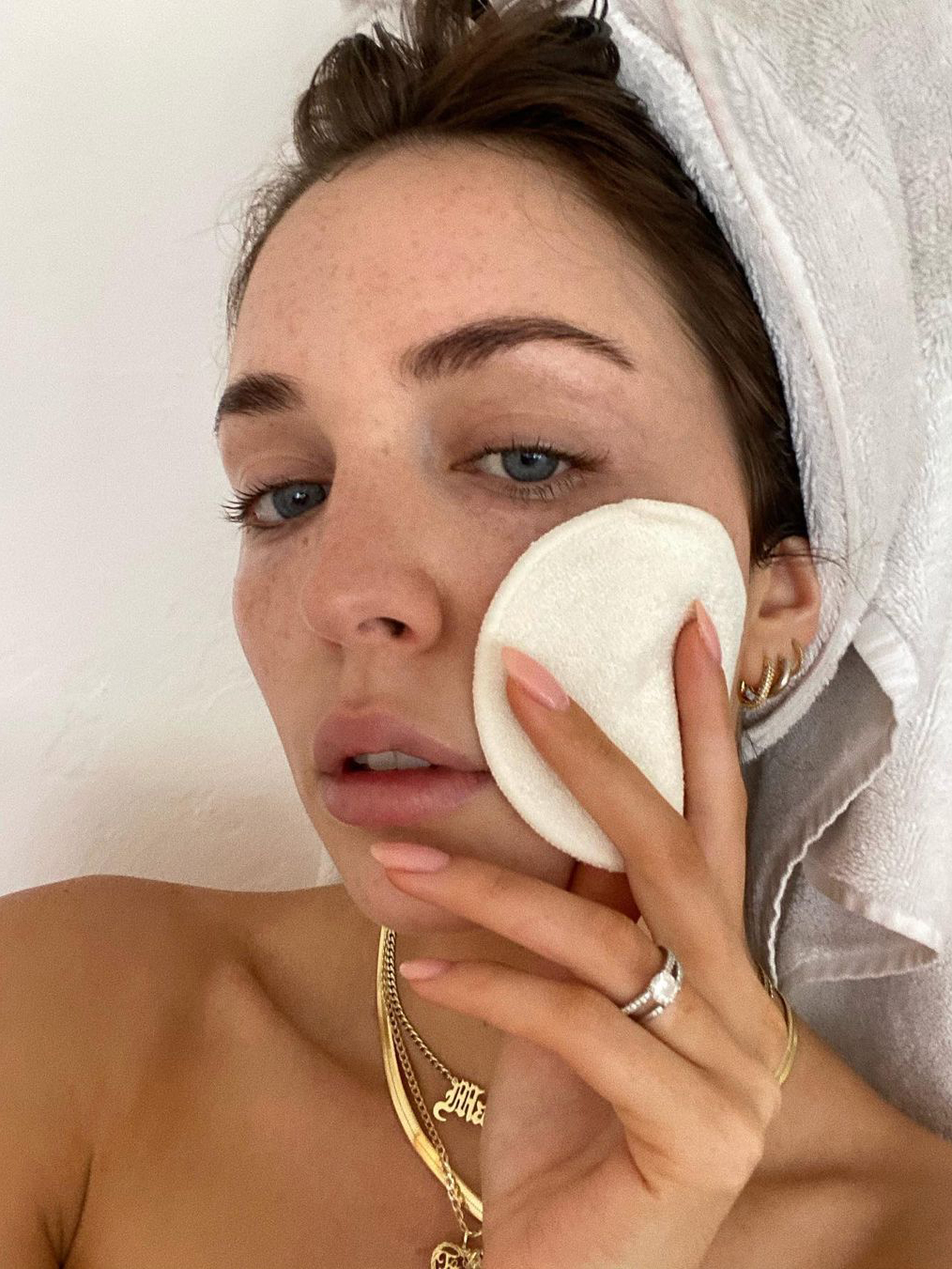
While there are so many benefits to using retinol, such as collagen production, exfoliation, and increased cell turnover, there are a couple of things you should be mindful of when using the product.
It may cause irritation after use. It can cause peeling, burning, stinging, and even a rash in severe cases. You just want to be careful about the formula you choose and how you apply the product. "The risk of irritation from a retinol is increased if you use too many exfoliating products in your skincare routine," explains Imahiyerobo-Ip. "Retinol is a chemical exfoliant that doesn't pair well with other harsh chemical exfoliants (think acids such as salicylic acid or citric acid) or mechanical exfoliants such as harsh scrubs."
Stop use if you're pregnant or breastfeeding: Gmyrek says too much vitamin A can cause birth defects.
It can increase sun sensitivity. "Like retinoic acids and alpha hydroxy acids, including glycolic acid, they exfoliate the dead skin layer and can make you more sensitive to the sun," Gmyrek says.
Stop use if you are planning on waxing. Because of exfoliation, Gmyrek says that you should stop using your retinol a week before waxing.
How to Shop for a Retinol
Again, you'll want to consider your skin type. "Those with sensitive or dry skin may want to start with the weakest formulation of retinol, which is retinyl palmitate," Imahiyerobo-Ip recommends. "If you have dry skin, opt for retinols that are in a cream formulation rather than a lotion or gel. If you have normal skin, you can start with a retinol. Those with acne-prone skin or more mature skin may want to consider asking their dermatologist to prescribe them a prescription retinoid."
To decrease your chances of irritation, there are a couple of ingredients you'll want to look for in your retinol product. For sensitive skin, Gmyrek recommends formulas that contain niacinamide, which is soothing and anti-inflammatory. Gmyrek says those with dry skin should look for moisturizing agents like glycerin, dimethicone, and hyaluronic acid.
How the formula is packaged is important, too, so you'll want to pay attention to that. Look for a retinol container that is opaque and doesn't let sunlight in. "Ultraviolet light inactivates retinol," Gmyrek says. "It is also inactivated when exposed to air, so look for a pump-top dispenser if possible."
How to Apply Retinol
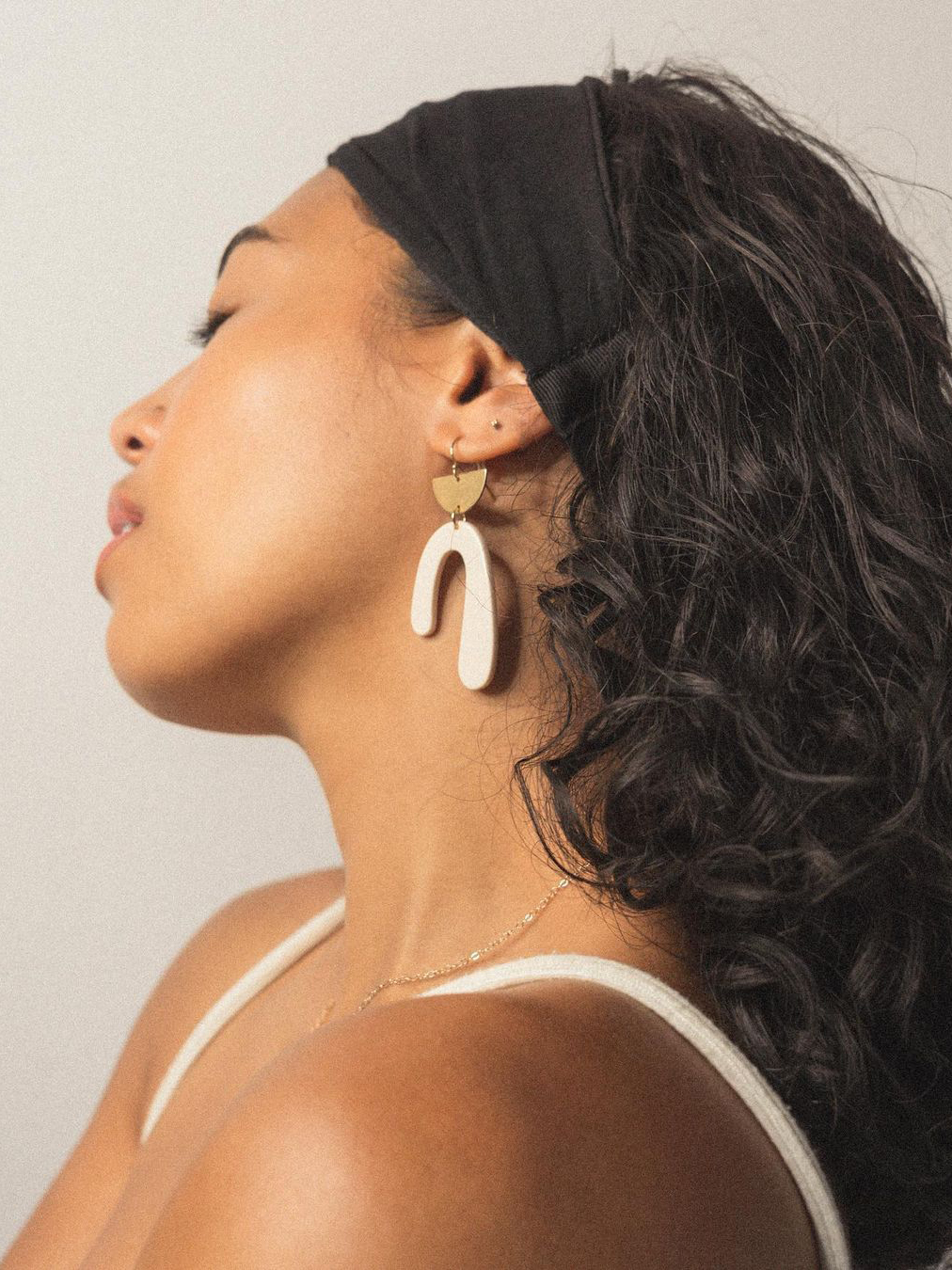
If it's your first time using retinol, go slowly. You might want to start with a mild concentration, a small amount of product, and application only a few times a week at first. But keep in mind that you won't see results overnight. "It will take a minimum of eight to 12 weeks to see your skin start to improve," Gmyrek says. "This is a marathon, not a sprint. More is not better, and it will increase your chances of irritation, causing you to discontinue usage. Begin using a new product every third night for a week or two, then increase to every other night before using every night. This will allow your skin to accommodate to the product, increasing your chances of successful use."
Here are a couple of other steps and recommendations:
1. Cleanse and completely dry your skin first. "If you apply to damp skin, it may alter the absorption and lead to more irritation," Gmyrek says. A thin coating will do, so you don't have to slather it on.
2. Stay away from certain areas. You'll also want to avoid areas that are the most vulnerable to dryness, like around the nose, mouth, and eyes. Avoid using it on broken or irritated skin or if you have a rash, dermatitis, eczema, or a rosacea flare-up. "When the skin barrier or outer surface of the skin is not intact, the product is allowed to penetrate into the cracked skin and will, almost surely, cause irritation," Gmyrek says.
3. Be careful about layering on products. Don't layer too much. "Products are studied by themselves unless the company markets a product line with a few steps that are meant to be used together," Gmyrek says. "Therefore, if you want the results that the company is claiming, use as directed! If you would like to use moisturizer after applying a retinol, wait 10 minutes before applying. I do not recommend mixing the retinol with your moisturizer. I also do not recommend applying moisturizer first."
4. Only use at night. Retinol is inactivated by sunlight, so using it in the day won't do you any good.
5. Don't forget sunscreen. "Always use sunscreen (even if you are not using retinoids!) because the exfoliating effect of retinols will make you more sensitive to the sun," Gmyrek says.
Retinols to Try
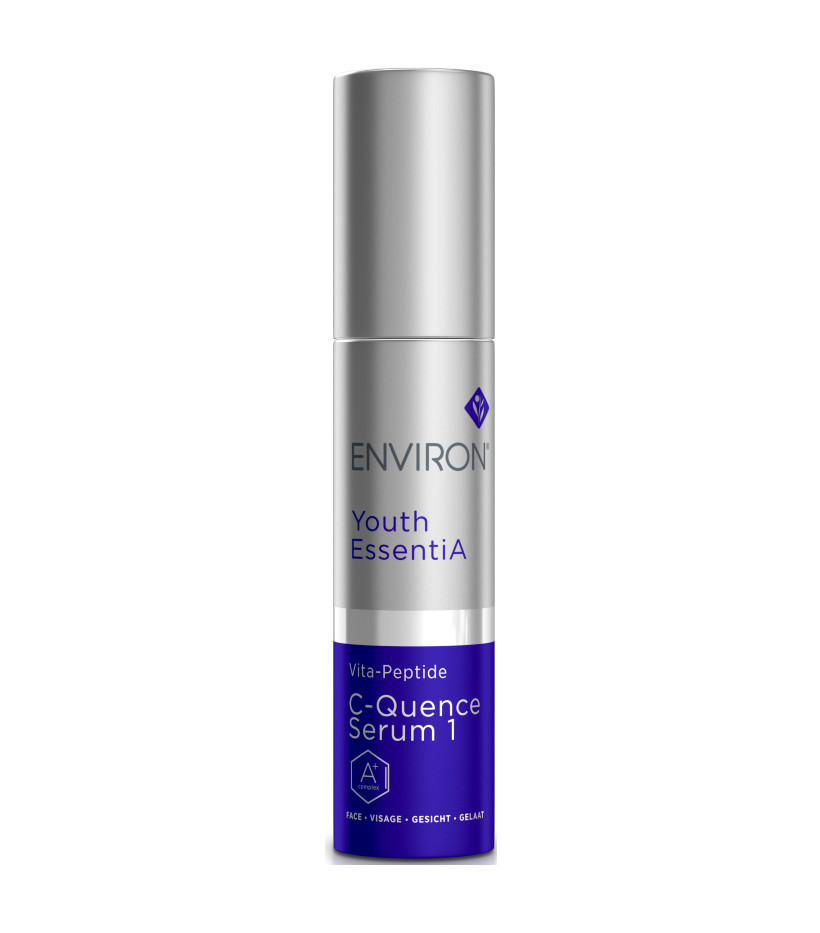
"My favorite over-the-counter retinol, and one that I personally use every night, is Environ's YouthEssentia VitaPeptide C-Quence. I am currently using their strongest concentration, which is the Intensive Serum 4 Plus, coupled with their Antioxidant Defence Crème. I also have worked up to use the stronger strength that is the Defence Crème Plus," Kim says. "These are game changers, especially if you use the Environ Microneedling Gold Roll-CIT first. My must skin routine every night!"
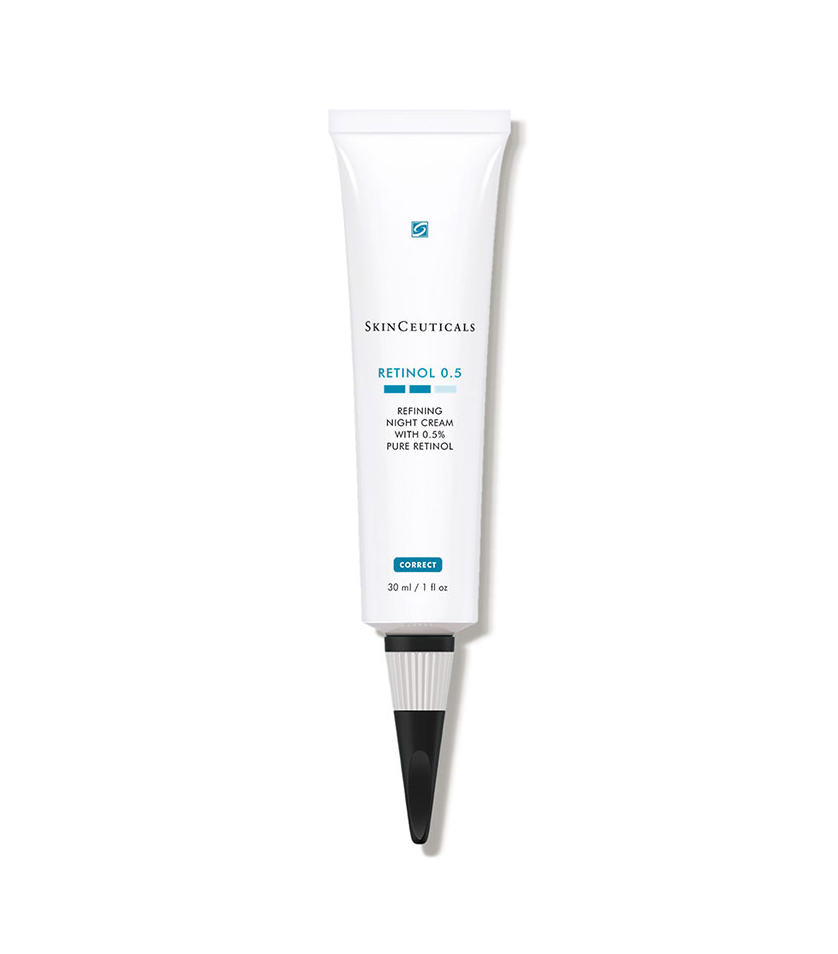
If you're looking for a step up from a milder formula, this night cream has 0.5% retinol. It has a soothing complex with ingredients like bisabolol (from the chamomile plant) and boswellia serrata extract (from frankincense) to reduce any inflammation or irritation.
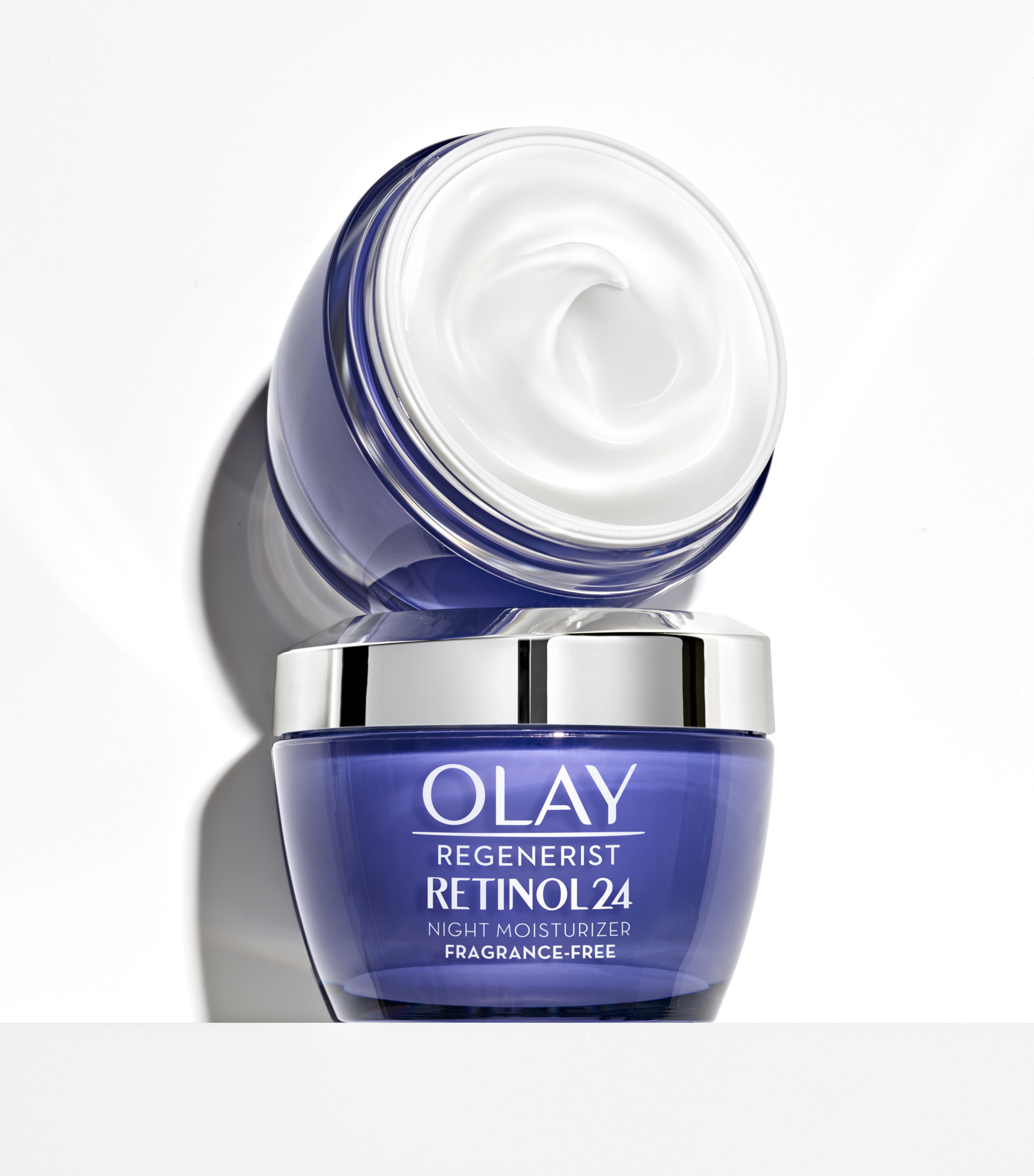
Olay's moisturizer is one of the best drugstore retinols out there. The proprietary Vitamin B3 + Retinoid Complex works to reduce the appearance of fine lines and wrinkles, brighten and smooth, and keep the skin hydrated for 24 hours. It also doesn't contain irritating fragrances.
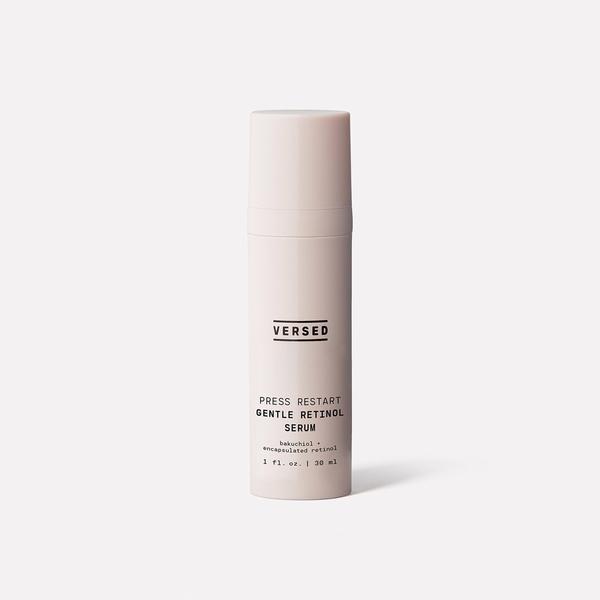
I've been using this one daily and love it because it's so gentle on my skin, which is prone to dryness. I've noticed it really helps with exfoliation and brightening my skin. In addition to encapsulated retinol, it contains bakuchiol, which is a plant-derived ingredient that has similar effects as retinol but isn't as irritating.
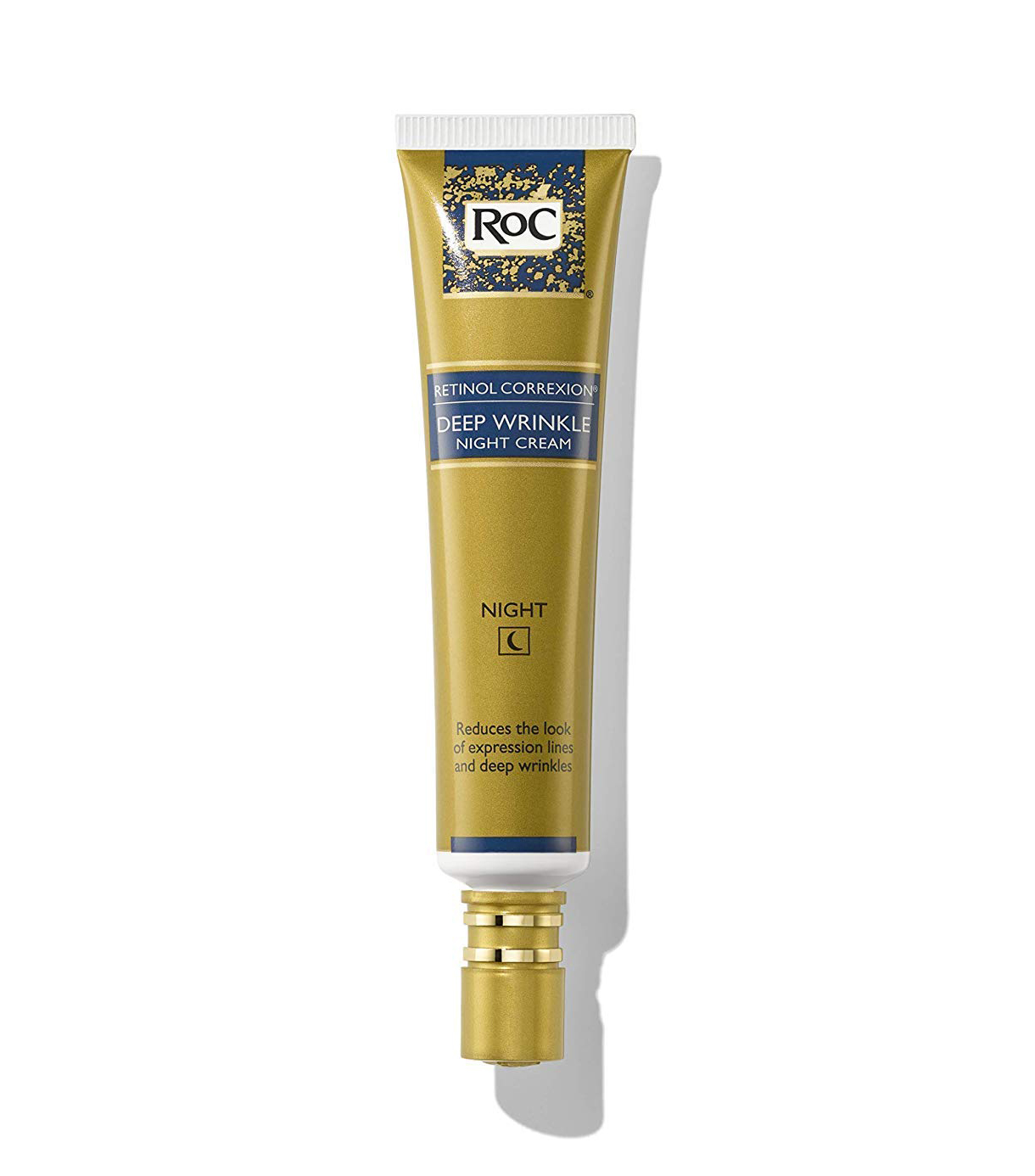
Another drugstore classic, RoC's retinol moisturizer really gets the job done. The formula contains antioxidants and chelating agents to keep the retinol potent, so you don't have to worry about it losing any of its benefits. Like many retinols, it's recommended to take it slow with this one, but after a couple of uses, it will be gentle enough to use every night.
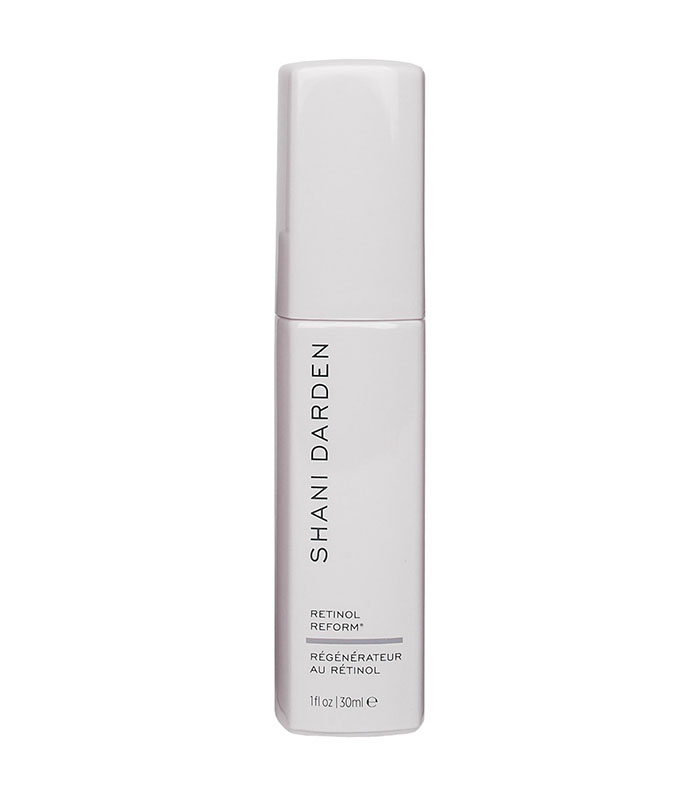
Shani Darden's retinol product is so beloved by editors and beauty insiders. In addition to retinol, the serum contains lactic acid to exfoliate and smooth and apple fruit extract for antioxidant protection. It really works on dark spots, blemishes, fine lines, and wrinkles.
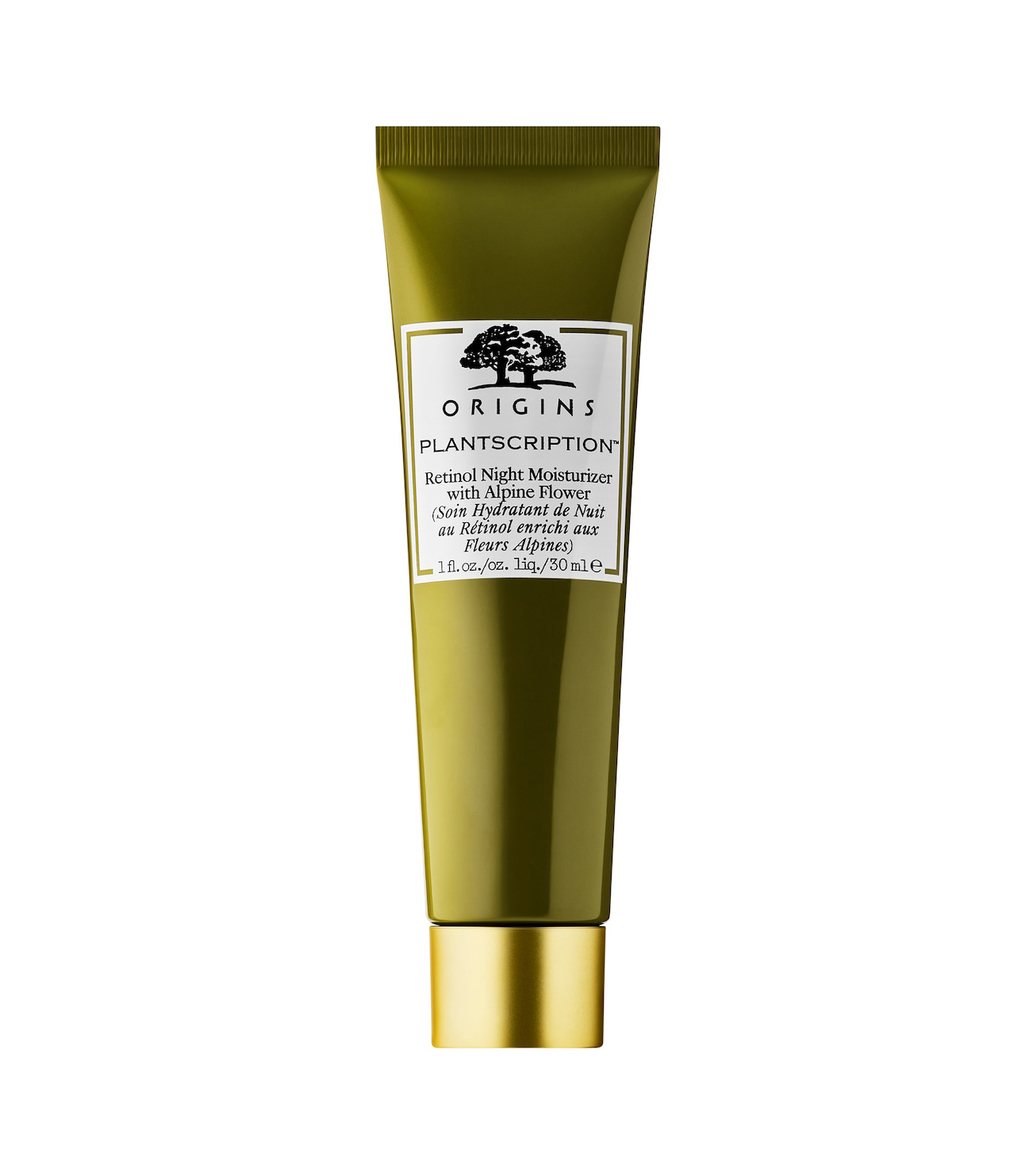
If you're looking for a cream formula, this one from Origins is highly reviewed. Additional ingredients include Swiss alpine flower to promote collagen production and anogeissus to support the production of fibrillin, which is a protein that helps keep the skin tight.
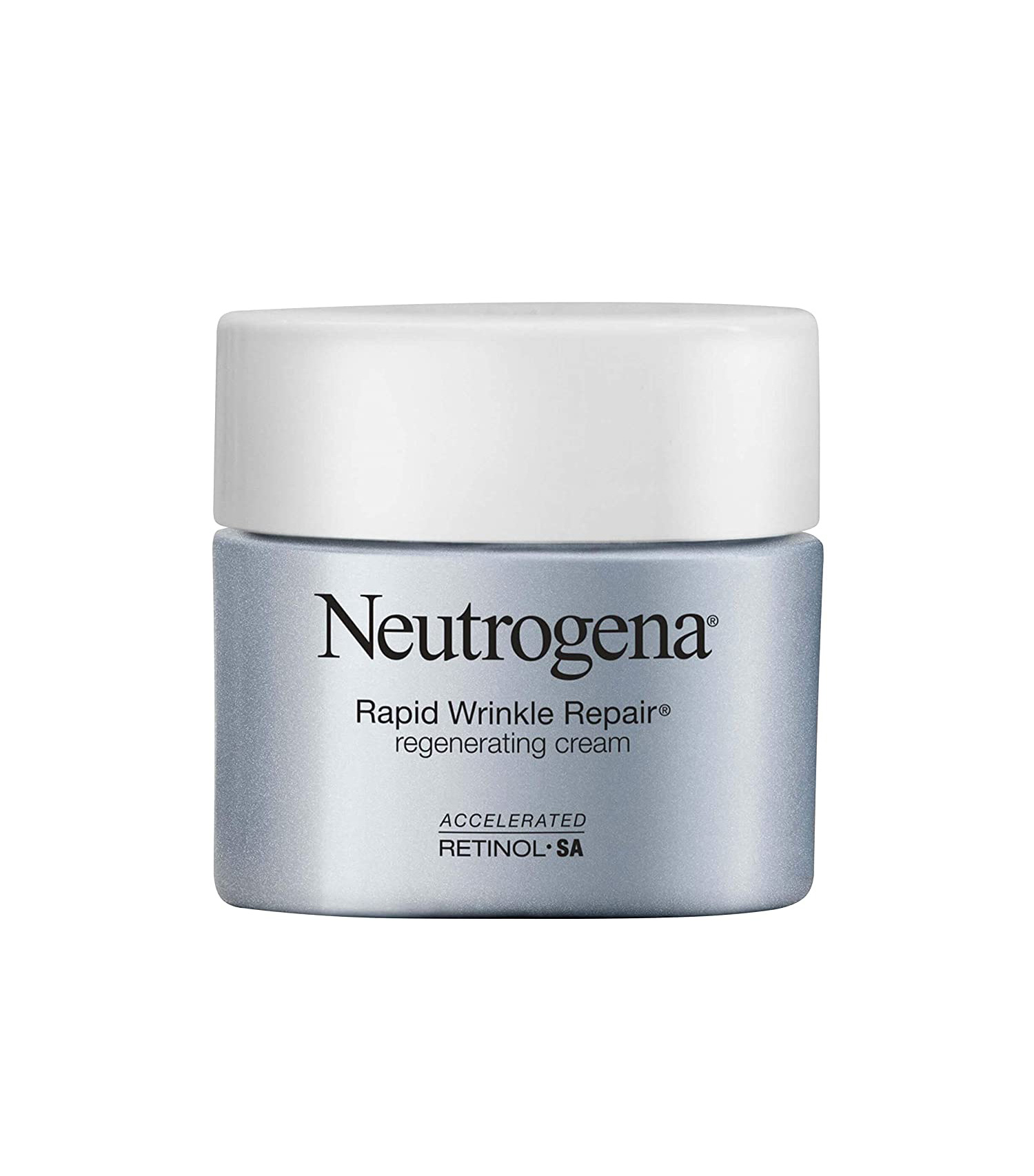
This retinol-infused moisturizer is also formulated with hyaluronic acid and a glucose complex to leave the skin plump and hydrated and the skin barrier strengthened.
Next up, A Dermatologist Told Me the Ultimate Youthful-Skin Hack
Sarah is lifestyle writer and editor with over 10 years of experience covering health and wellness, interior design, food, beauty, and tech. Born and raised in Los Angeles, she attended New York University and lived in New York for 12 years before returning to L.A. in 2019. In addition to her work at Who What Wear, she held editor roles at Apartment Therapy, Real Simple, House Beautiful, Elle Decor, and The Bump (sister site of The Knot). She has a passion for health and wellness, but she especially loves writing about mental health. Her self-care routine consists of five things: a good workout, “me” time on the regular, an intriguing book/podcast/playlist to unwind after a long day, naps, and decorating her home.
